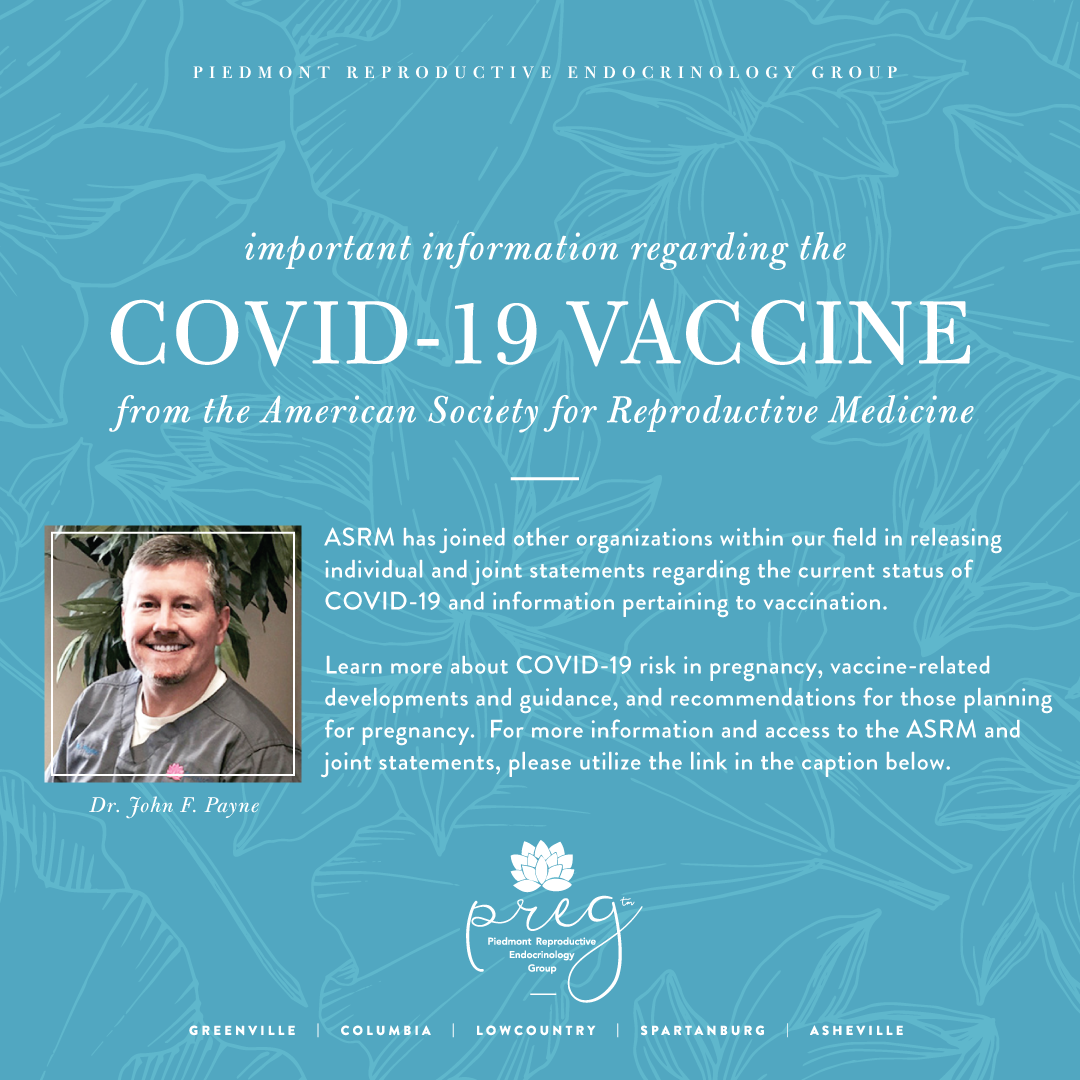Stephanie Biggerstaff, RN, IVF Coordinator- PREG Spartanburg shares her experience as a nurse and IVF Coordinator at PREG. Stephanie, what is your role at PREG? My main role as a nurse at PREG is to make sure our patients get all the information they need for treatment so they have a smooth and pleasant experience as they go through their…
PREG Staff Showcase – Stephanie Biggerstaff












